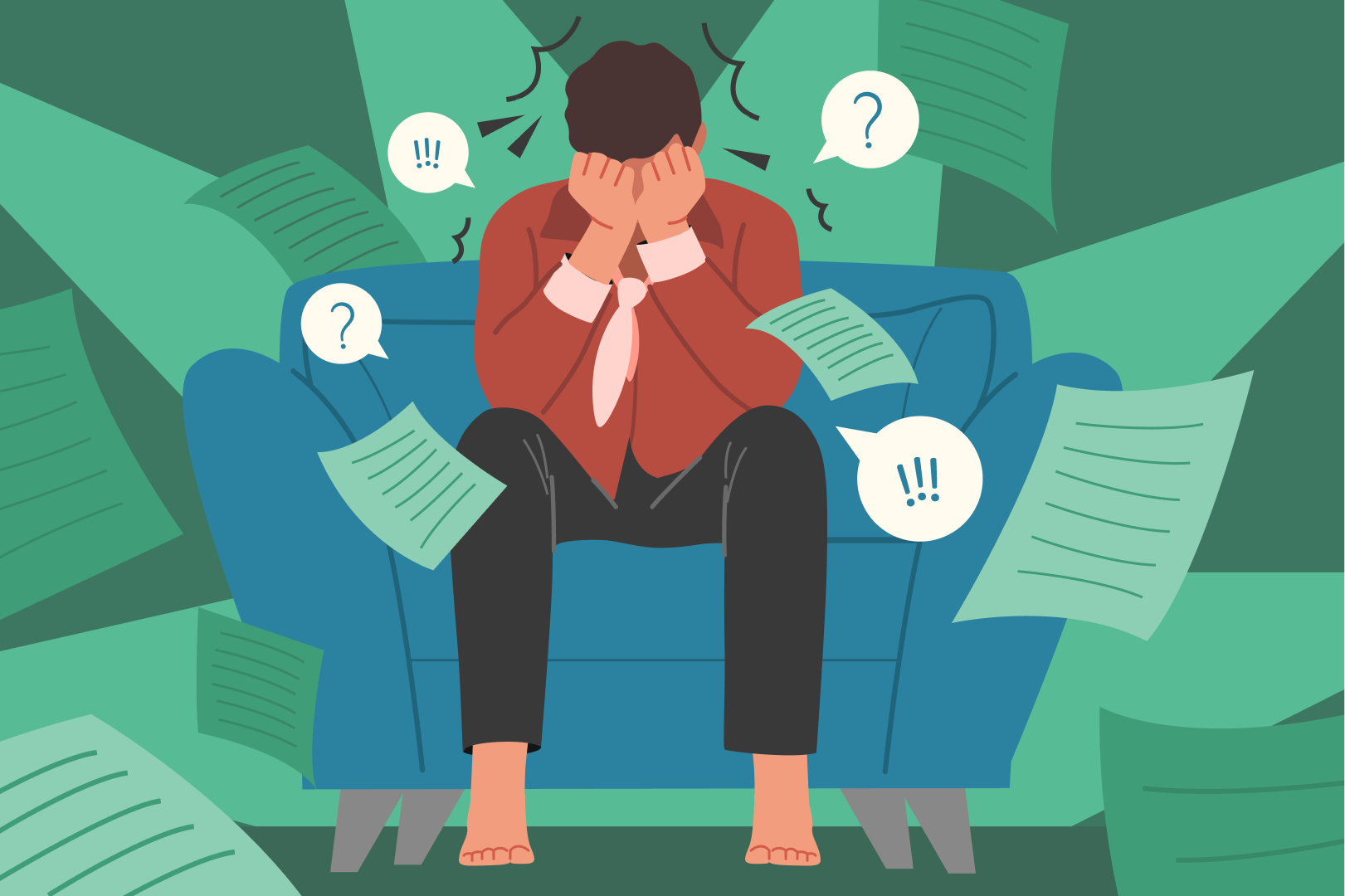In work and in life, problems can crop up. Even if you don’t know how to fix the problem at first, you can think about how the problem happened in the first place. Then you can keep calm and use logic to find some good solutions.Life will always have problems to overcome, from figuring out why your phone isn’t working to dealing with a tricky customer at work.This logical way of looking at things with a clear head is called problem solving. It can be a great way to solve any problem
During an examination,even if you don’t know the answer, read the problem several times to make sure you understand all the information being given you. Try to think about it logically: What are you being asked? How would you go about coming up with a logical solution? If you come with more than one solution, which do you think is the best one and why? If you still don’t know the answer, move onto the next problem and come back and try again with a fresh head.
Many of the problems you face at school/college or work can be approached with the five key life skills including motivation, self belief, self management and team working. If the problem involves people, your communication skills will come in handy, too.
With any general problem you come across in life, consider:
- Will it help to prepare in advance or in an organised frame of mind?
- Will it help if you approach the problem as a pair or group instead of dealing with it alone?
- How can you stay motivated to tackle the problem and see it through with a positive attitude?
- Can you approach the problem logically, letting your head rule your heart? (It is easier to find solutions this way).
Building problem solving skills at school and at work will help you:
- Evaluate situations and information and break them down into manageable chunks
- See problems in a new light, as possible solutions not impossible challenges
- Build your decision-making skills as you make decisions based on information and logic not pure gut feeling
- Discover strengths and skills in yourself that you might never have known about yourself before
- Learn and grow over time with each problem you’ve overcome
- Show employers that you are practical, creative, flexible and can be relied upon.
Problem solving skills at work
Whenever a problem comes up in work, use this 5-step process to see if you can fix it:
- Describe the problem and set a ‘problem statement’.
- Analyse what is right and what is wrong in the current situation.
- Identify the likely causes of the problem.
- Identify the most probable cause and test this out.
- Take action to address the problem.
You’ve probably found solutions to problems in the past, as well as taking pride in your work, so try to think about what went well and what didn’t. You can use the STARRS method to do this.

How to build and improve problem solving skills
Here are some activities to help you work on your problem solving skills:
Take on problems you enjoy
If you like video games, board games or ‘mind’ games like Sudoku you will find these often have problems that need to be approached in a logical way, with strategic planning and trial and error.
Remember that problems can be physical as well as mental
Do you like working with your hands? Car maintenance, sewing, plumbing and crafting are just some examples of physical work that involves solving problems.
Job interviews
Employers will always be interested to hear how you’ve tackled problems in the past and could ask you to name an example of a problem you solved or overcame in your job interview.Give them an example from your past school, work or life experience using the IDEAL method .D-Defined the problem;
E-Examined the options;
A-Acted on a plan;
L-looked at the consequences
There are so many chances in life to make a choice to approach problems in a cool, calm and collected way, both inside and outside of work/education.
Activity – test yourself!
See if you can think about the questions below. It’s useful to you to come up with actual examples. It’s also very useful to come up with examples from your own life and work experience.- Why are problem solving skills important to an employer?
- How could you develop your problem solving skills? Give an example.
- How can you demonstrate good communication skills? Give an example.
- How could you demonstrate your problem solving skills to a prospective employer in a job interview? Give an example.








